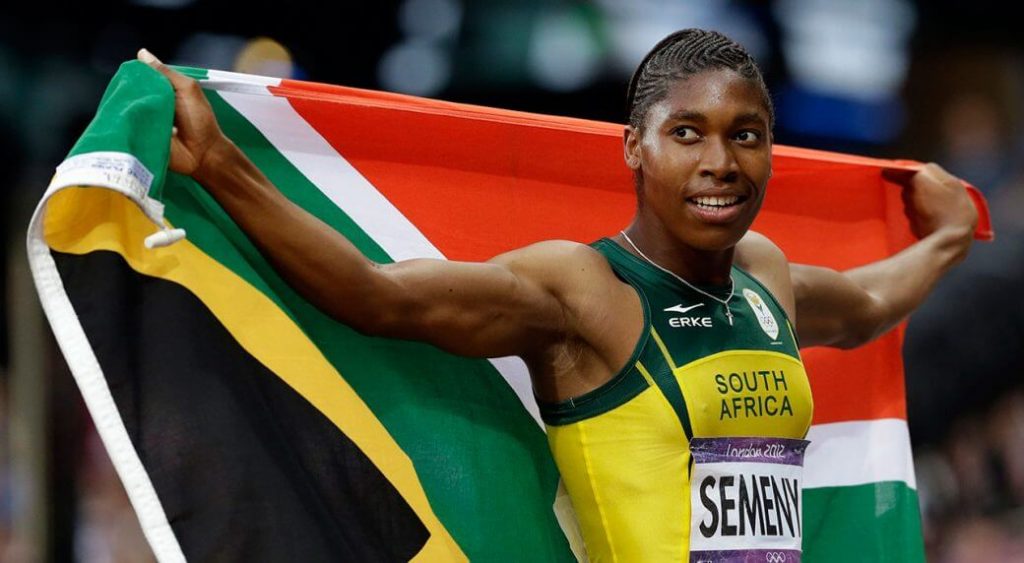Los Angeles: Two-time Olympic champion Caster Semenya will race in the 3,000 metres event June 30 at the Diamond League Prefontaine Classic, a distance she can contest without reducing her testosterone levels.
The South African has won two Olympic 800 metres gold medals, and has insisted she will not take medication to comply with new International Association of Athletics Federations (IAAF) rules governing testosterone levels in women athletes that went into effect May 8.
The new rules require women with higher than normal male hormone levels – so-called ‘hyperandrogenic’ athletes – to artificially lower the amount of testosterone in their bodies if they are to compete in races over distances of 400m to the mile.
Semenya won the 800m at the Doha Diamond League meeting this month in her first race since losing her appeal of the controversial ruling at the ‘Court of Arbitration for Sport’.
South Africa have said they will lodge an appeal of the CAS ruling with the Switzerland Federal Tribunal citing lack of clarity over how the rules can be implemented.
The Prefontaine 3,000m will be Semenya’s first race since the rules went into effect. Prefontaine Classic meet director Tom Jordan said Semenya’s agent reached out to meet officials asking if she could start in the 3,000m.
“We were happy to oblige,” Jordan told this agency, adding that he saw ‘no downside whatsoever’ despite the controversy over the new rules.
Semenya will be an underdog in a stellar field that includes world 5,000-metre champion Hellen Obiri, 2016 world indoor 1,500-metre winner Sifan Hassan, and 2018 world indoor 1,500 and 3,000-metre champion Genzebe Dibaba.
“To be honest, I’m as curious as anyone to see how she will fare against the world’s best distance runners,” Jordan said. “Don’t forget, Semenya has broken 4:00 for 1,500m, which relatively few athletes have done.”
Semenya said in Doha that she would not take medication to lower her testosterone levels.
“Hell no. No way,” she said. “I don’t know what will happen next. But no one should tell me what to do, if people want to stop me from doing something that’s their problem, not mine.”
And she said she was fighting a bigger battle beyond the track. “This is more than a game, more than sports,” she had said. “This is about human dignity, human pride.”
AFP
